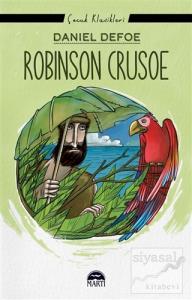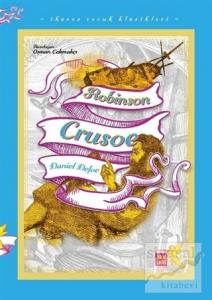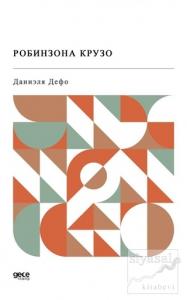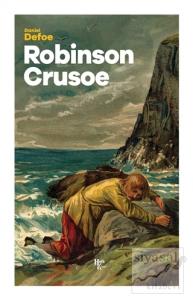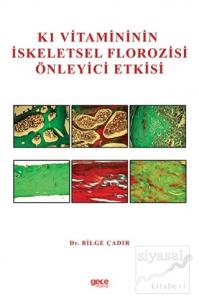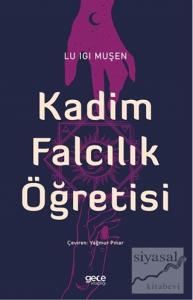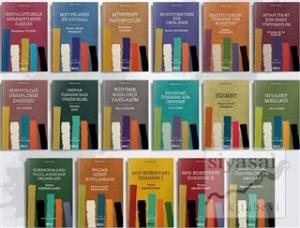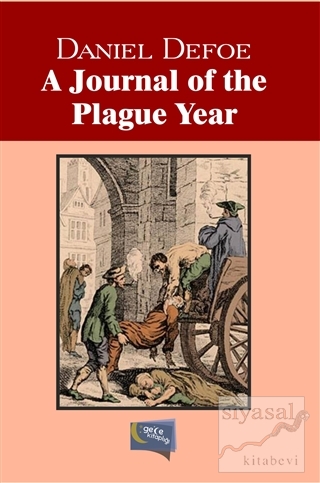
A Journal of the Plague Year, A work that is often read as if it were non-fiction is his account of the Great Plague of London in 1665: a complex historical novel published in 1722. Bring out your dead! The ceaseless chant of doom echoed through a city of emptied streets and filled grave pits. For this was London in the year of 1665, the Year of the Great Plague....
In 1721, when the Black Death again threatened the European Continent, Daniel Defoe wrote "A Journal of the Plague Year" to alert an indifferent populace to the horror that was almost upon them. Through the eyes of a saddler who had chosen to remain while multitudes fled, the master realist vividly depicted a plague-stricken city.
He re-enacted the terror of a helpless people caught in a tragedy they could not comprehend: the weak preying on the dying, the strong administering to the sick, the sinful orgies of the cynical, the quiet faith of the pious. With dramatic insight he captured for all time the death throes of a great city.
A Journal of the Plague Year, A work that is often read as if it were non-fiction is his account of the Great Plague of London in 1665: a complex historical novel published in 1722. Bring out your dead! The ceaseless chant of doom echoed through a city of emptied streets and filled grave pits. For this was London in the year of 1665, the Year of the Great Plague....
In 1721, when the Black Death again threatened the European Continent, Daniel Defoe wrote "A Journal of the Plague Year" to alert an indifferent populace to the horror that was almost upon them. Through the eyes of a saddler who had chosen to remain while multitudes fled, the master realist vividly depicted a plague-stricken city.
He re-enacted the terror of a helpless people caught in a tragedy they could not comprehend: the weak preying on the dying, the strong administering to the sick, the sinful orgies of the cynical, the quiet faith of the pious. With dramatic insight he captured for all time the death throes of a great city.














